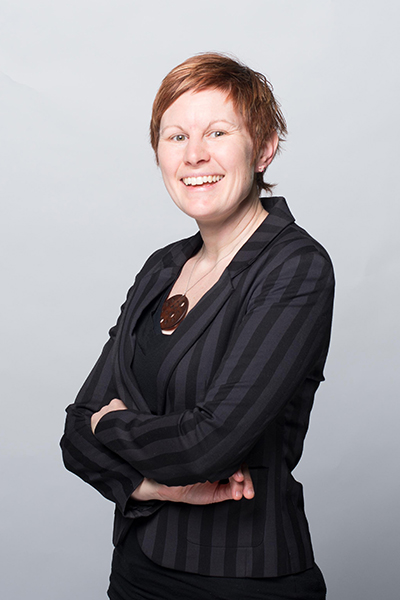
The immersive and interactive virtual environment of Future Delta makes critical scientific data more accessible by providing an active learning process of play and exploration.
Professors Aleksandra Dulic and Hussein Keshani awarded for research projects
Aleksandra Dulic, Future Delta
Dulic, an assistant professor of New Media and the Director for the Centre for Culture and Technology, was awarded a research grant with Stephen Sheppard, a professor of forest resources management at UBC’s Vancouver campus, for their project “Future Delta 2.0, a community-based video game design and evaluation for local climate change action”.
Future Delta is an immersive and interactive virtual environment that acts as a tool for communication between researchers and the public. Combining climate change modeling, socioeconomic scenario analysis and 3D image modeling of real places, the researcher aim to make climate change science and solutions more salient and understandable.
The project brings together climate change science and multimedia interaction in the context of emerging methods of visualisation and community engagement. Through this integrated design process, we have developed an interactive visualization of alternative future climate change scenarios that are focused on the flooding risks of the Delta municipality. For more information visit the Future Delta website.

Hussein Keshani
Hussein Keshani, Model Images
Keshani, assistant professor of Art History and Visual Culture, was awarded a grant for the project “Model Images: Transforming miniature paintings into 3D virtual environments.”
The project will develop 3D computer models of scenes represented in 18th and 19th Century North Indian miniature paintings.
“I am interested in the historical arts and visual cultures of South Asia and the Islamic World,” says Keshani. “Drawing on the disciplinary perspectives of art history, history and religious studies, I study North Indian architecture, epigraphy, miniature paintings, photographs and other works from the Sultanates (11th to 16th C), Mughal (16th to 18th C) and late-Mughal periods in their socio-political contexts.
“Much of the visual cultural heritage I study is either under threat of destruction, understudied or ignored.”
The goal of Model Images is to develop a new method of art historical analysis.
Such research enhances our understanding of the full spectrum of human creativity and the history of South Asia, the Islamic world and its diaspora. But for contemporary polycultural communities in India and Canada anxious about their Muslim minorities, it helps form bridges of understanding. Contemporary Muslim and South Asian communities worldwide also benefit by learning about the diversity of South Asia and the Islamic world’s visual cultural heritage.
Furthermore, advancing knowledge of cultural heritage sites and historical visual culture helps lay the groundwork for conservation and interpretation initiatives and fosters the development of tourism industries.







